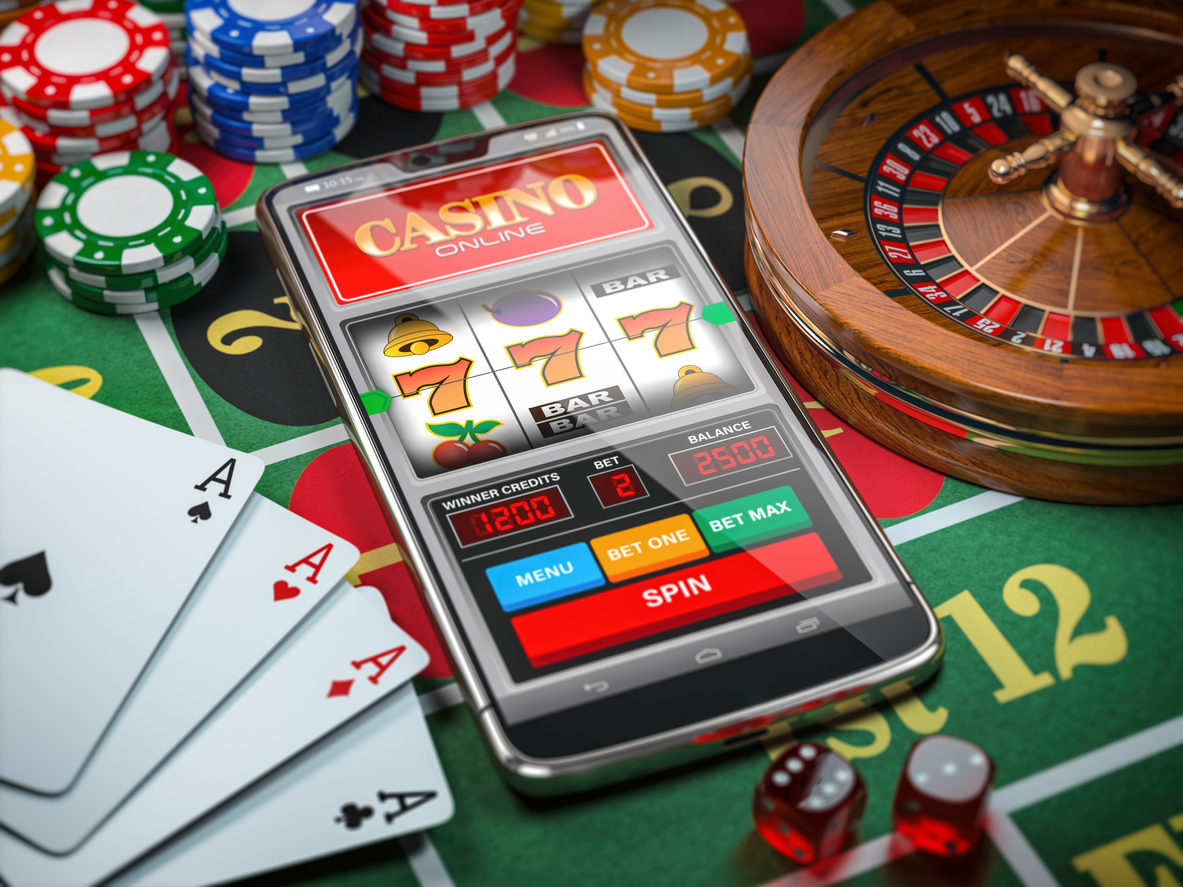
In the world of gambling, in which chance and strategy meet, a unique tapestry of beliefs manifests—one that braids luck, fate, and the enigmatic nature of casino games. Casinos, bustling with excitement and anticipation, are not just spaces for placing bets; they are also arenas where superstitions thrive. Ranging from the novice player to the seasoned gambler, these mysterious practices often shape how individuals approach the games they play, holding the belief that their actions can influence the outcome in ways that go beyond mere probability.
When players gather around roulette wheels, blackjack tables, and slot machines, the atmosphere is thick with stories of lucky charms, rituals, and codified behavior that defy logic yet provide a sense of comfort. It could be the case that it’s wearing a specific outfit, following a particular sequence of bets, or even avoiding certain numbers, the attachment to various superstitions reflects a deep-rooted desire to master the uncontrollable. This article delves into the captivating world of casino game superstitions, examining the beliefs that simultaneously entertain and mystify those who dare to play.
Cultural Beginnings of Superstitions
Casino games have long been entwined with an array of superstitions that trace to early societies. The roots of these notions can be connected to humanity’s fundamental desire to influence the random outcomes associated with chance and randomness. In ancient civilizations, games of chance were often linked to religious practices. Players would call upon aid or ask for favor from deities, believing that their actions could change the odds in their benefit. This basis laid the basis for the variety of superstitions that spread as gambling evolved over centuries.
During the medieval age, betting became a popular hobby across the continent, and with it, a diverse tapestry of superstitions developed. Participants adopted different rituals and charms, believing they could change the results of games. The importance of numbers, in particular, emerged to show in superstitions around card games and dice. The number 7 was often considered auspicious, while other numbers carried negative connotations. These beliefs mirrored the social contexts of the time, evolving as they transferred through generations and changed to new gaming environments.
As gaming establishments appeared in the seventeenth century, particularly in the Italian peninsula and the French nation, the atmosphere surrounding betting became imbued in mystique. The growing openness of gambling games allowed for the expansion and diversification of superstitions among players. Concepts like lucky charms, special seating arrangements, and rituals gained prominence, creating a distinct culture within gambling establishments. As these practices continued to thrive, they became fundamental to the character of casino games, illustrating how history and culture shape the belief systems that influence how participants interact with chance.
Widespread Casino Superstitions
Superstitions surrounding casino activities are plentiful and varied, mirroring the hopes and anxieties of players as they participate in chance-based activities. One of the most common views is that certain digits bring luck or misfortune. For example, the number 7 is often seen as a favorable digit, frequently sought after by players looking for a positive outcome. Conversely, the number 13 is routinely considered cursed, leading many players to steer clear of it during their gaming periods.
Another frequent superstition relates to practices that players believe can affect their odds. It could be blowing gently on the dice before a roll, using a particular hand to place a bet, or even wearing particular items of attire, many individuals feel that these actions can sway luck in their favor. These practices offer a feeling of power in an otherwise unpredictable environment, strengthening the idea that luck can be created through personal beliefs and habits.
Lastly, the environment and atmosphere of the gambling house itself contributes to myths. Many gamblers suggest that the presence of specific icons, such as four-leaf clovers or lucky coins, can enhance their chances of winning. Additionally, gamblers might hold to the belief that winning streaks can be interrupted by mundane occurrences, such as a person passing by or a spill at the gaming surface. The shared environment in a casino can amplify these beliefs, creating a communal culture of superstitions that goes beyond individual encounters. 9bet
Impact of Superstitions on Players
Beliefs play a significant role in the mindset of casino players, often influencing their behavior and decision-making. Numerous gamblers believe that luck can be manipulated through different rituals, such as donning a talisman, choosing particular hues, or avoiding certain numbers. This dependence on superstitions can create a sense of authority in an environment that is intrinsically unpredictable. Players frequently feel more self-assured and engaged when they think that their actions could sway the result of a game in their favor.
The influence of these superstitions extends past individual players, affecting the general atmosphere inside the casino. For instance, a player who believes in the luck of a particular slot machine might attract a gathering, as onlookers are intrigued by their apparent luck. This collective belief can heighten excitement and create a lively environment, leading to an interesting experience even for those who may not necessarily be superstitious. The buzz around specific games can lead to increased participation and longer playing sessions, supporting the casino’s lively social scene.
In some cases, superstitions can lead to harmful effects for players. Relying too heavily on rituals can result in bad gambling decisions, as some may ignore basic strategies in favor of unfounded beliefs. Additionally, the pressure to perform rituals may increase anxiety and stress levels, diminishing from the enjoyment of the experience. Ultimately, while superstitions can enhance the thrill of playing casino games, they can also lead to foolish choices that overshadow the fun and amusement intended in the casino experience.